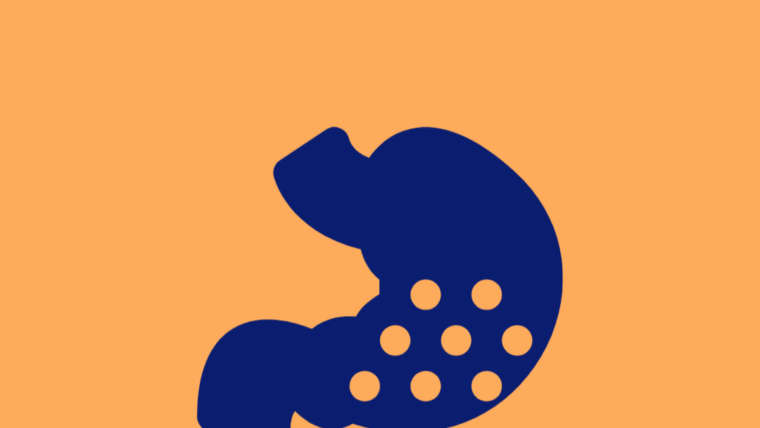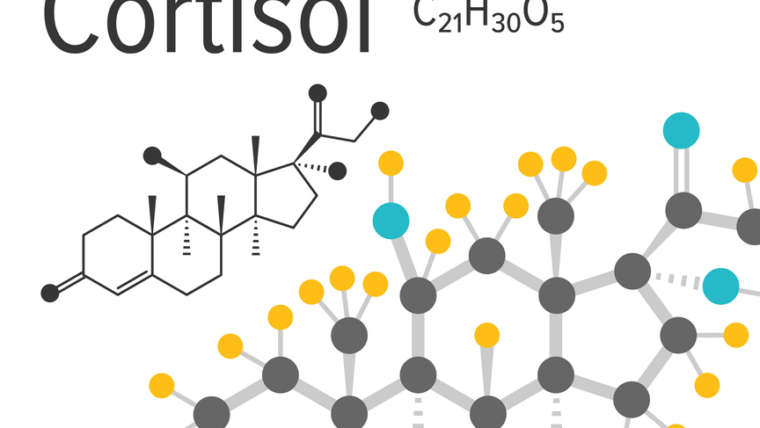Caffeine is a naturally occurring substance found in tea and coffee beens. Caffeine often been added to Soft drink and Energy drink and Drugs.
Caffeine binds to Adenosine Receptors and is therefore regarded as an Adenosine Antagonist. After drinking a few cups of coffee, 50% of Adenosine Receptors are totally blocked by Caffeine.
Toxic Effects of Excessive Caffeine Consumption
– May irritate the Kidneys
– May cause Kidney Stones (due to Caffeine increasing urinary Calcium excretion)
– May increase the risk of Hypertension (blood Pressure)
– May increase levels of Lactic Acid in the Muscles of people who undertake Endurance Exercise
– May irritate the Bladder
– May cause Insulin Resistance
– May increase the risk of Osteoporosis
– May increase the risk ofFibrocystic Breast Disease
– Regular consumption of Caffeine may increase the incidence of Headaches
– May trigger Migraines in some people
– Consume Caffeine at night time may interrupted sleep produces fewer periods of Slow Wave Sleep (Deep Sleep)
– may cause (temporary) Tremor
– May increase the risk of Miscarriage
– May increase the risk of Female and male Infertility
– May increase the risk of Pre-Menstrual Syndrome(PMS)
Health Benefits of Caffeine
– Stimulating the production and secretion of Hydrochloric acid
– Negative impact in Cancer (Breast) could provide health benefits
– May increase the body’s Basal Metabolism
– May increase Energy levels
– May temporarily)improve Athletic Performance
– May increase Muscle Strength by stimulating the release of Calcium in Muscle Fibers
– May improve Stamina
– May delay the onset of Fatigue
– May stimulate the flow of Bile from the Liver
– May stimulate the Cerebral Cortex of the Brain
– May increase Alertness
– May relieve the symptoms of Hay Fever
Side Effects of Caffeine Withdrawal
– Anger
– Muscle Tension
– Vomiting
– Nausea
– Headaches
– Drowsiness
– Irritability
– Anxiety
– Sleep Disturbance
- Insulin Resistance - March 10, 2021
- prostate – Enlarged (BPH) - November 25, 2020
- Probiotics - October 31, 2020


